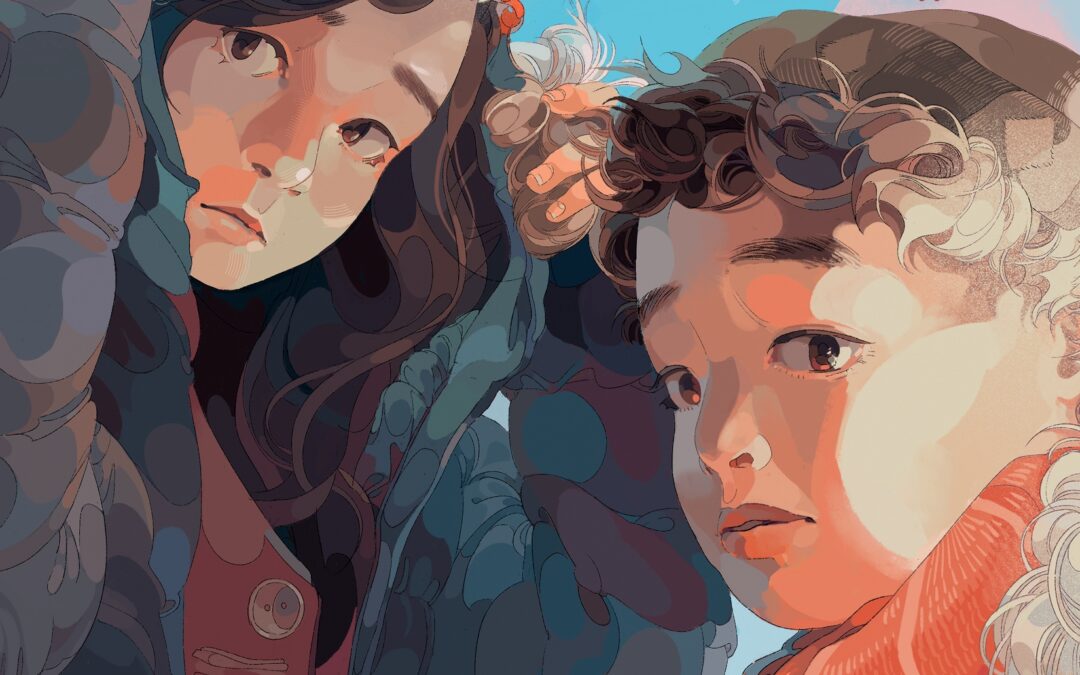
by Michele Kirichanskaya | Nov 27, 2024 | Blog
ABOUT THE AUTHOR Tina Cho is the author of Rice from Heaven: The Secret Mission to Feed North Koreans, Korean Celebrations: Festivals, Holidays and Traditions, My Breakfast with Jesus: Worshipping God Around the World, The Ocean Calls: A Haenyeo Mermaid Story,...
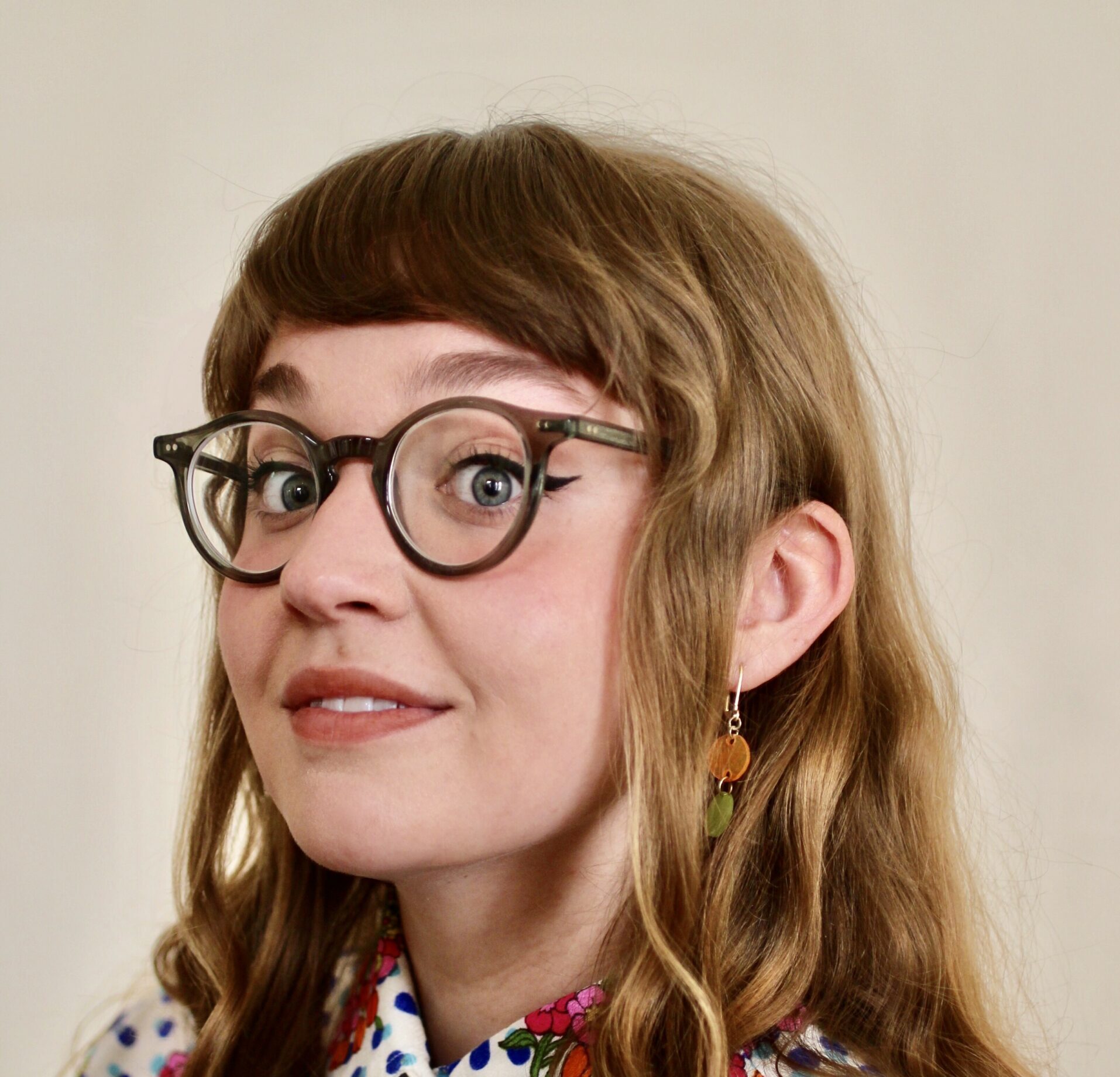
by Michele Kirichanskaya | Nov 21, 2024 | Blog
Sarah Mai is an illustrator and writer based in Minneapolis, Minnesota. She has a degree in English Literature from the University of Minnesota, Twin Cities where she developed a passion for graphic novels. She is the illustrator of The Cool Code and The Cool Code 2.0...
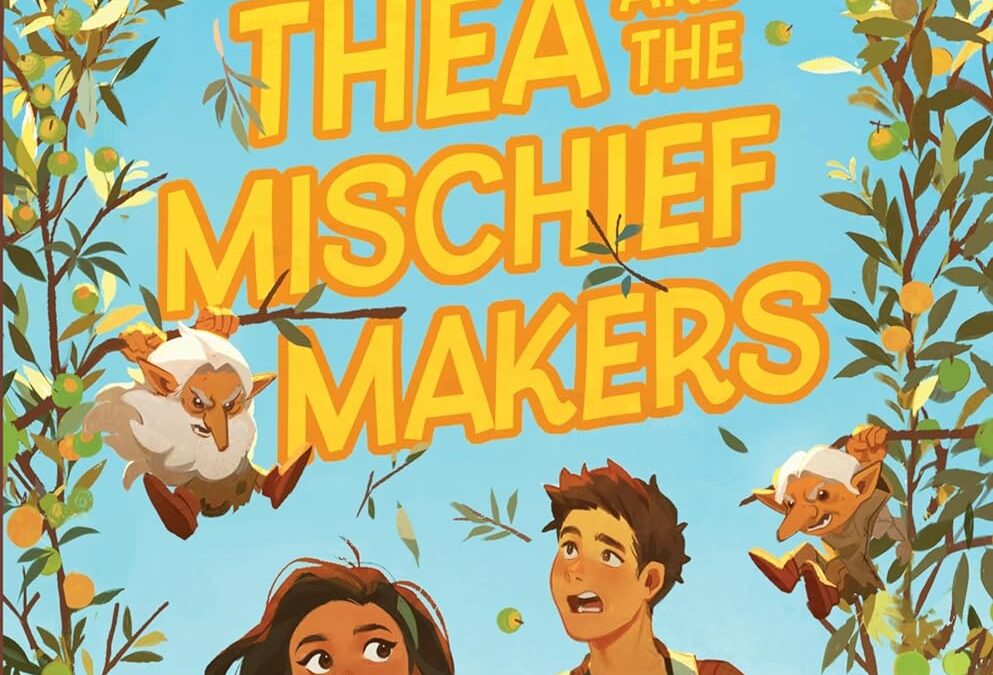
by Alexa Goodrich-Houska (she/they) | Nov 19, 2024 | Blog
In Thea and the Mischief Makers, Filipino American Thea Torres is finally living the dream—or at least, the middle school dream. She’s popular, athletic, and attending Junior Stunt Warrior Camp with her new, cool friends. The cherry on top? She’s known for her...
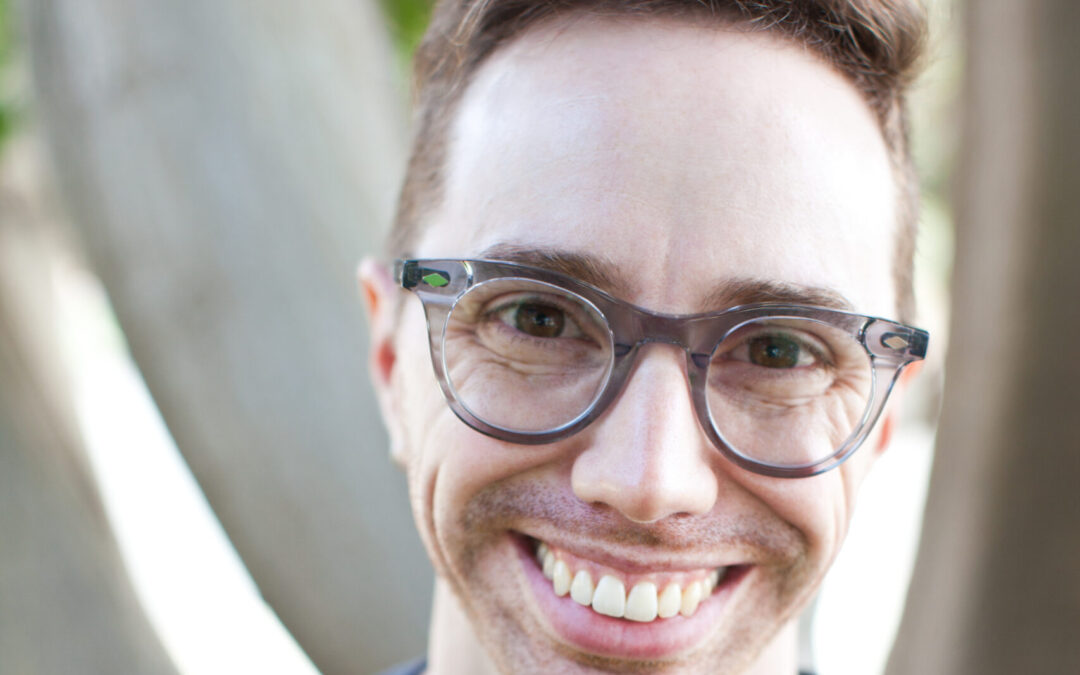
by Michele Kirichanskaya | Nov 14, 2024 | Blog
EDWARD UNDERHILL (he/him) is a queer trans man who grew up in the suburbs of Wisconsin, where he could not walk to anything, which meant he had to make up his own adventures. He began writing (very bad) stories as a kid and wrote his first (also very bad) novel in his...
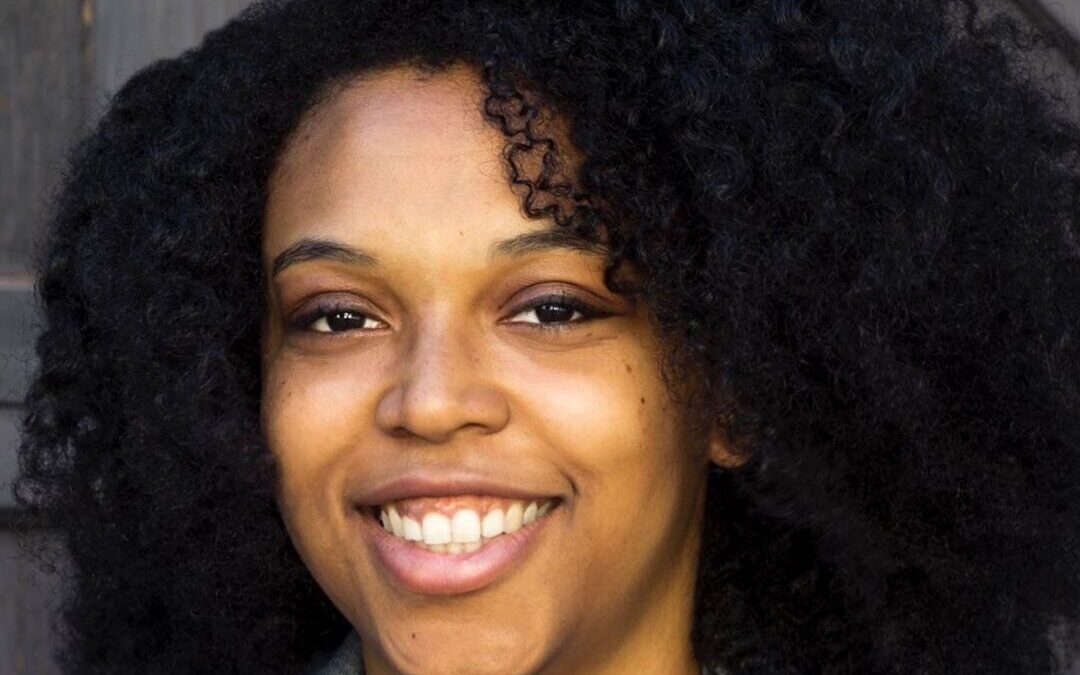
by Rebelle Summers | Nov 12, 2024 | Blog
In the small town of Blackclaw Valley, tourists flock to experience picturesque hiking trails and the historic family-owned shops to add some cozy charm and a little bit of magic to their lives. When that magic gets threatened and tourists start spotting wolves in the...
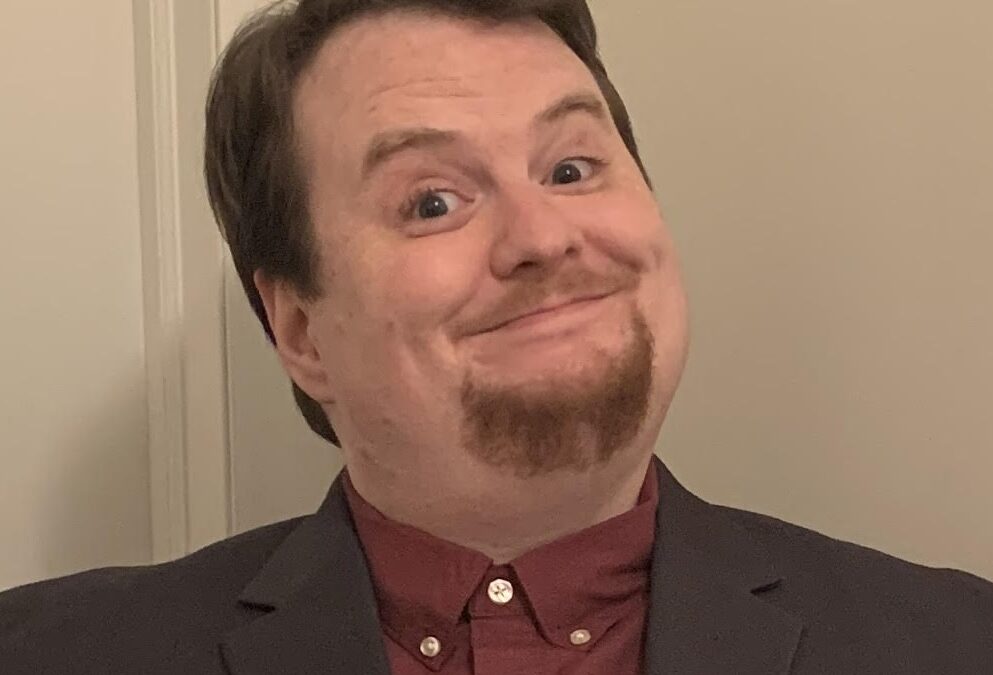
by Michele Kirichanskaya | Nov 8, 2024 | Blog
John Wiswell is a disabled writer who lives where New York keeps all its trees. He won the 2021 Nebula Award for Best Short Fiction for “Open House on Haunted Hill,” and the 2022 Locus Award for Best Novelette for “That Story Isn’t The...







